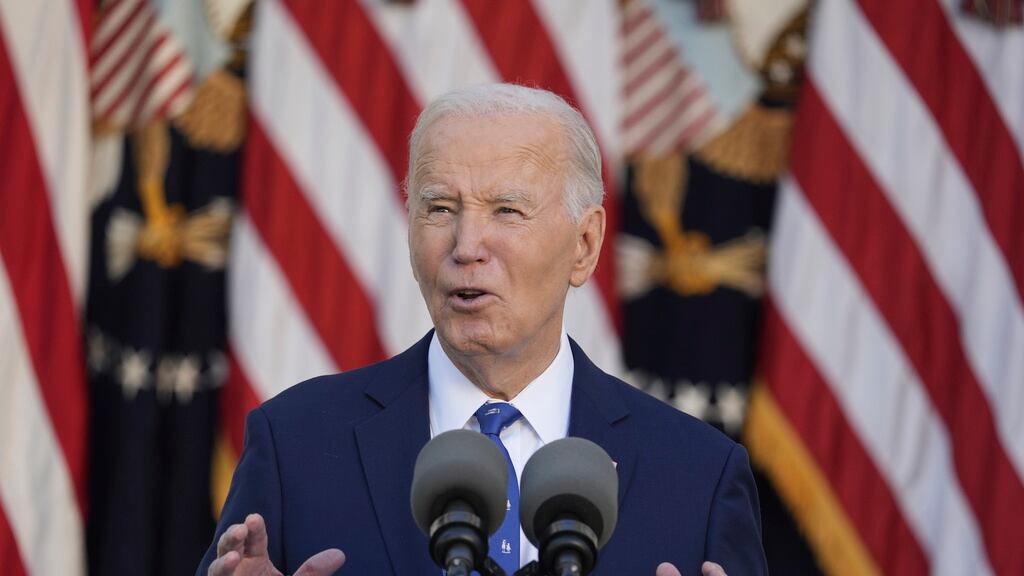The security cabinet of Israel approved on Tuesday night, after a 10-1 vote, a ceasefire agreement mediated by the United States with the Lebanese group Hezbollah, which would end nearly 14 months of fighting related to the war in the Gaza Strip.
PUBLICIDAD
Hours earlier, Prime Minister Benjamin Netanyahu had expressed his support for the ceasefire. In a televised speech, he listed a series of achievements against Israel's enemies in the region. He said that a ceasefire with Hezbollah would further isolate Hamas in Gaza and allow Israel to focus on its main enemy, Iran, which supports both groups.
PUBLICIDAD
Once the ceasefire approval was known, at the White House, the President of the United States, Joe Biden, delivered the details of the agreement and described it as "good news." Furthermore, he assured that his administration would make a new effort to achieve a ceasefire in Gaza.
What are the details of the ceasefire between Israel and Hezbollah?
The ceasefire will take effect at 4:00 am local time this Wednesday.
The agreement demands an initial two-month ceasefire and would require Hezbollah to end its armed presence in a wide strip of 30 km in southern Lebanon, from the Litani River to the border with Israel, while Israeli troops would withdraw from Lebanese territory.
Thousands of additional Lebanese troops and UN blue helmets would be deployed in the south, and an international panel led by the United States would oversee compliance by all parties.
But the implementation remains a big question mark, as Israel has demanded the right to act in case Hezbollah violates its obligations. Lebanese officials have rejected including that in the proposal and Biden, while supporting the Israeli stance, said that the agreement “was designed to be a permanent cessation of hostilities.”
Hezbollah has said that it accepts the proposal, but a senior official of the group said on Tuesday that he had not seen the agreement in its final form. "After reviewing the agreement signed by the enemy government, we will see if there is a match between what we declared and what was agreed upon by the Lebanese officials," said Mahmoud Qamati, vice president of Hezbollah's political council, to the Al Jazeera news network.
The tragic consequences of the war between Israel and Hezbollah
Hezbollah began firing towards northern Israel, allegedly in support of the Palestinians, one day after Hamas carried out its attack on October 7, 2023 in southern Israel, triggering the Gaza war.
Israel responded to Hezbollah's fire, and both sides have exchanged barrages of fire since then.
In September, Israel escalated its bombing campaign and sent troops to Lebanon, promising to put an end to Hezbollah's fire.
More than 3,760 people have died from Israeli fire in Lebanon in the last 13 months, many of them civilians, according to Lebanese health authorities. The bombing has displaced 1.2 million people from their homes.
Israel says it has killed more than 2,000 Hezbollah members.
The Hezbollah attack has forced around 50,000 Israelis to leave their homes in the northern part of the country, and their rockets have even reached Tel Aviv. At least 75 people have died, with over half of them being civilians. More than 50 Israeli soldiers died fighting in the ground offensive in Lebanon.
